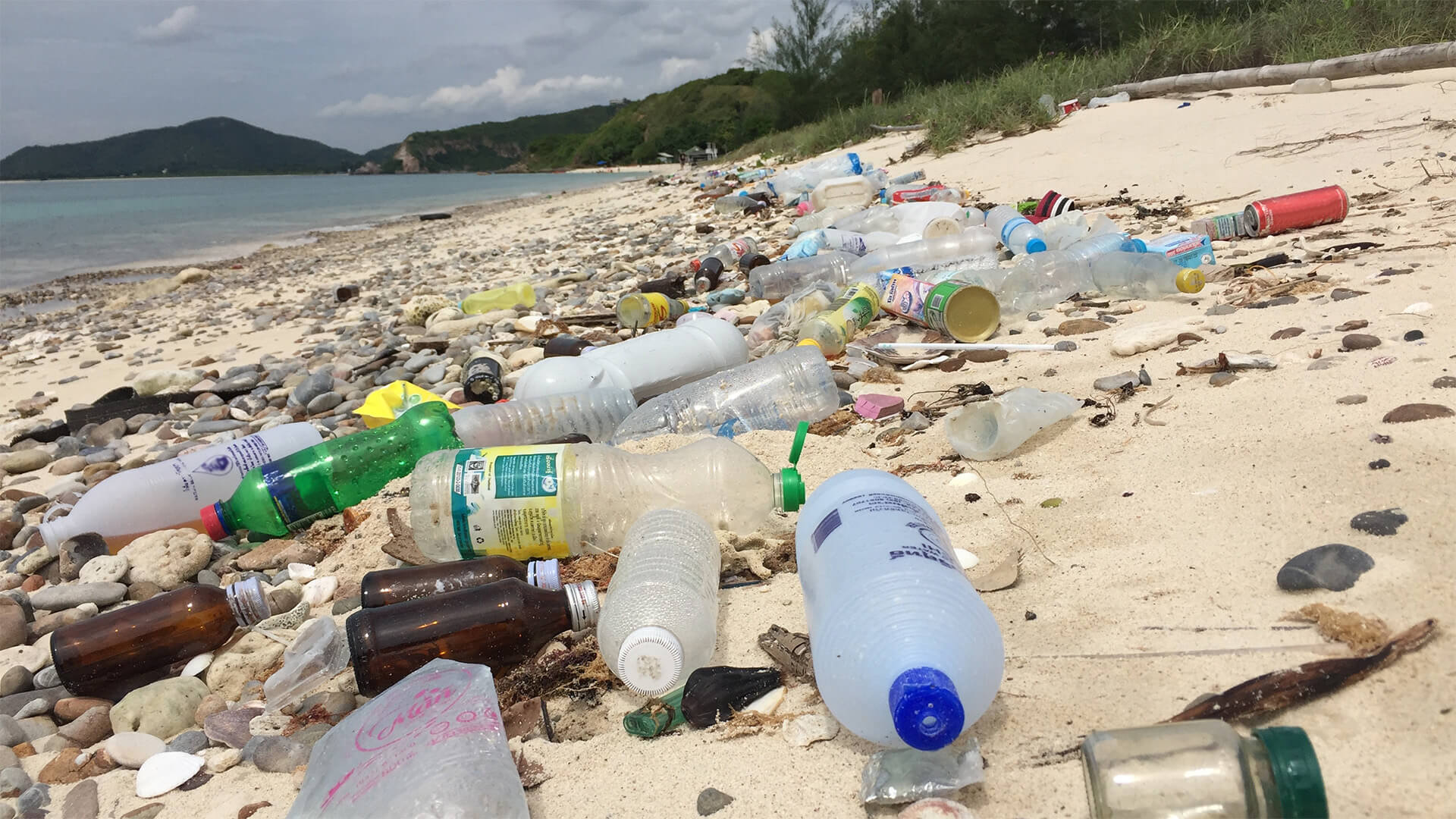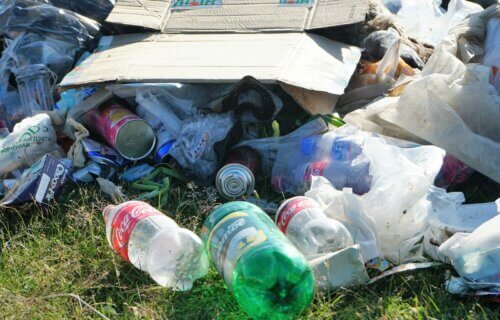RIVERSIDE, Calif. — We’ve all seen plastic trash littering beaches, parks, and roadsides. But have you ever wondered where all that plastic is actually coming from? Thanks to a massive global citizen science effort, researchers can now point the finger at some of the world’s biggest corporations most responsible for manufacturing this environmental scourge. In fact, the new report estimates that just five companies produce the items responsible for a quarter of the world’s plastic pollution.
The study, published in the journal Science Advances, analyzed data from over 1,500 litter surveys conducted by volunteers in 84 countries between 2018 and 2022. During these “brand audits,” the volunteers picked up over 1.8 million pieces of plastic pollution found in parks, beaches, streets, and other public spaces around the world. They also noted the brands and labels on every piece of litter.
By linking the brand names to their parent companies, the researchers were able to quantify how much of the global plastic pollution stream is attributable to major corporate producers of plastic packaging and products. The findings? Just a handful of major brands and companies are responsible for a shockingly large amount of the world’s plastic waste problem.
Who are the top plastic polluters?
The single biggest corporate source of branded plastic pollution was the Coca-Cola Company, which accounted for a whopping 11 percent of all branded plastic waste recorded in the global survey. PepsiCo came in second at five percent, followed by Nestlé (3%), Danone (3%), and Altria — one of the world’s largest producers and marketers of tobacco, cigarettes, and related products (2%).
In total, those five companies were responsible for nearly one-quarter (24%) of all the branded plastic pollution documented worldwide over the five-year study. Taking a deeper dive into the world’s litter problem, just 56 companies produced over half of the plastic pollution identified in the audits.
However, with much of this trash not carrying any brand names or labels when volunteers picked it up, the study’s authors say the true percentage of global plastic waste originating from these major brands and companies is likely even higher. They say the findings highlight a critical need for more transparency and accountability measures for plastic production and labeling.

While companies across many industries contributed to global plastic waste, food and beverage producers tended to be the biggest culprits. The international team found a clear trend – companies that produce a lot of single-use packaging and products designed to be consumed on the go were disproportionately represented in the branded pollution data compared to companies selling longer-lasting packaged goods.
Simply put, that plastic bottle or candy wrapper you throw away after just a few minutes generates a much higher plastic pollution risk than a laundry detergent bottle you may use for weeks or months before throwing it in the trash.
“The companies above the trend line were typically food and beverage companies, while the companies below the trend line were mostly household and retail companies,” the study authors, led by Dr. Win Cowger, write in their report. “Food and beverage products tend to have shorter time periods of use before disposal, including a higher percent of single-use items.”
According to the researchers, the strong link they found between a company’s total plastic production numbers and the amount of branded plastic pollution demonstrates that stemming the plastics crisis will require major companies to significantly reduce the production of disposable and single-use plastic packaging.
“Reduced plastic production is a primary solution to curb plastic pollution,” the researchers conclude. “Producer brand managers and policymakers should prioritize solutions that reduce plastic production.”
The team adds that the onus is on major corporations like Coca-Cola, Pepsi, and Nestlé to phase out wasteful single-use plastics and invest in reusable product delivery systems and innovative non-plastic packaging alternatives.
